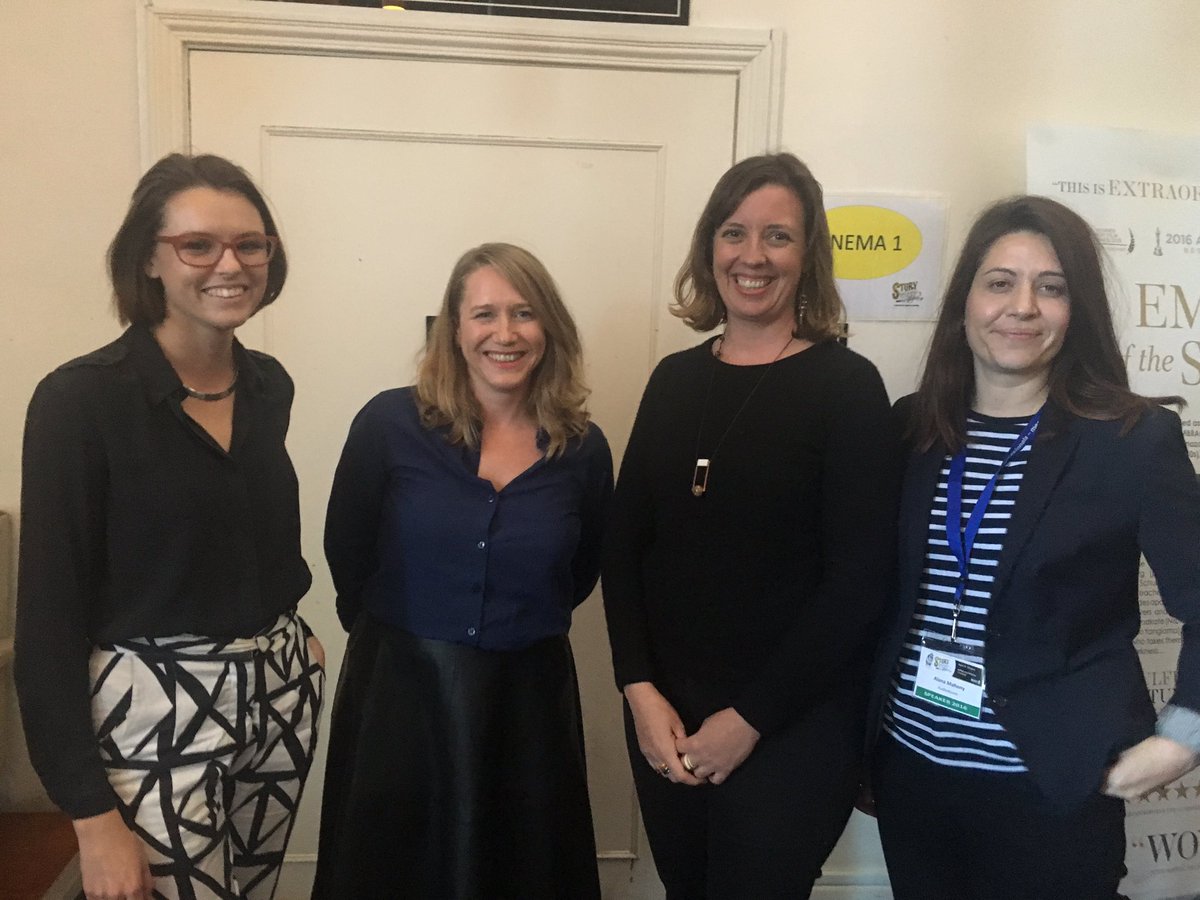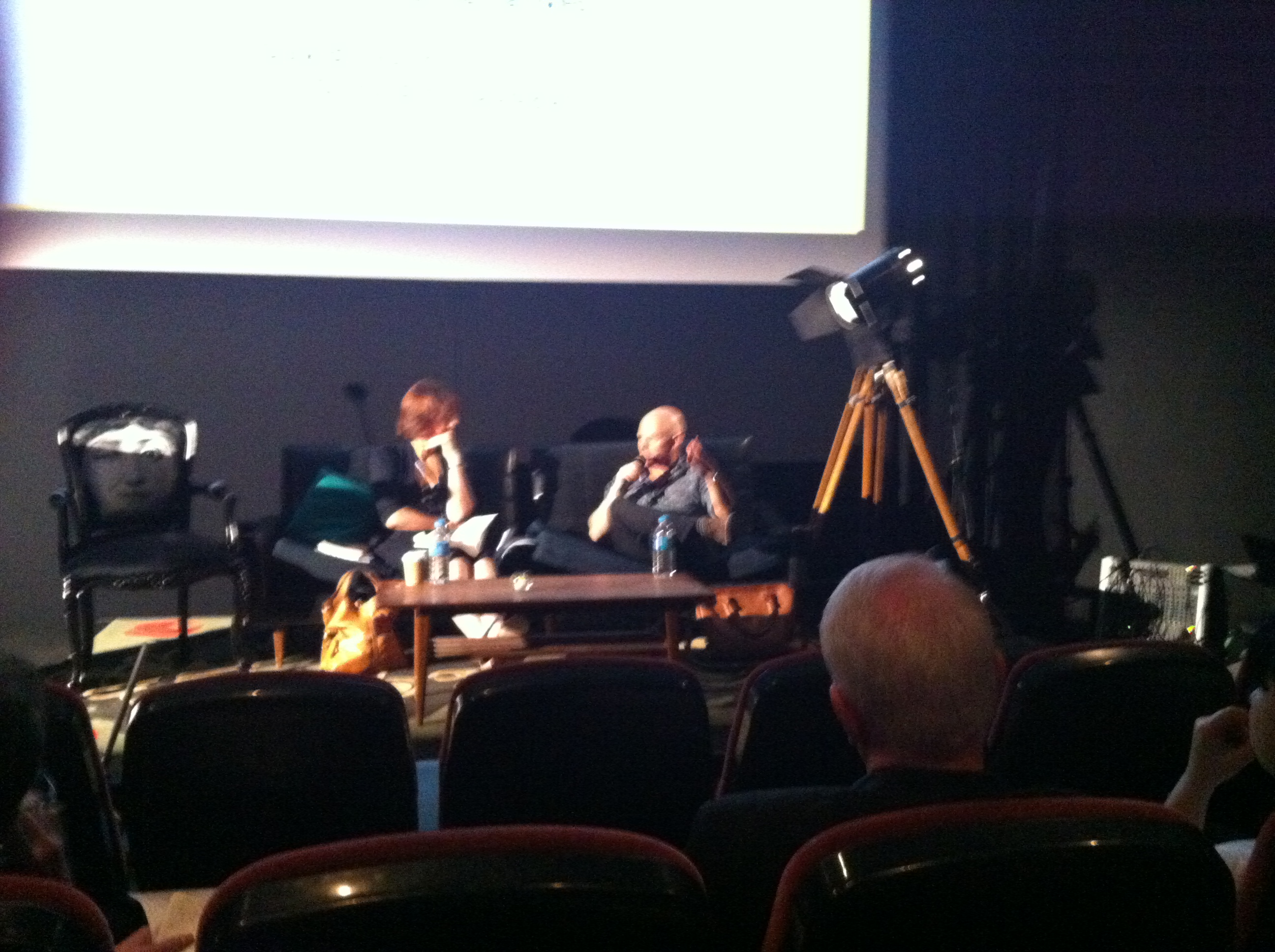I was part of a panel discussion about how to profit from podcasts at the 2016 Storyology conference. Chatting with Heidi Pett (FBi Radio), Holly Wainright (Mamamia), and Alana Mahony (audioBoom), we questioned if it was too soon to be talking about this in Australia. But the market enthusiasm for podcast content and consistent growth in audience numbers indicates interesting times ahead.

My interest is mostly in independent podcasting and I think there are a few more steps before this can be financially viable in Australia. I’m a big fan of good content being the priority, so supporting producers develop their craft is essential. This is a big part of what Audiocraft is working towards. Once your content is rocking, building an audience becomes easier, but this is often the point where we get stuck…
The standards for podcast audiences are often linked to numbers and download figures coming out of the US, but given the population Australia, we can’t really compete with these. So perhaps it’s reframing the value of podcasts. If the focus was more about the quality of the production, a podcast’s niche and often highly devoted audience, and the unique bond the host has with that audience— then perhaps investors would be more receptive?
If producers can learn more about their audience (cue great analytics) and how to talk about them to potential sponsors, then maybe all the money biz isn’t so abstract. It’s going to be really interesting to see how these things develop in the coming years. It’s a great time for both content makers and listeners, who’ll hopefully be able to access more interesting local content.


